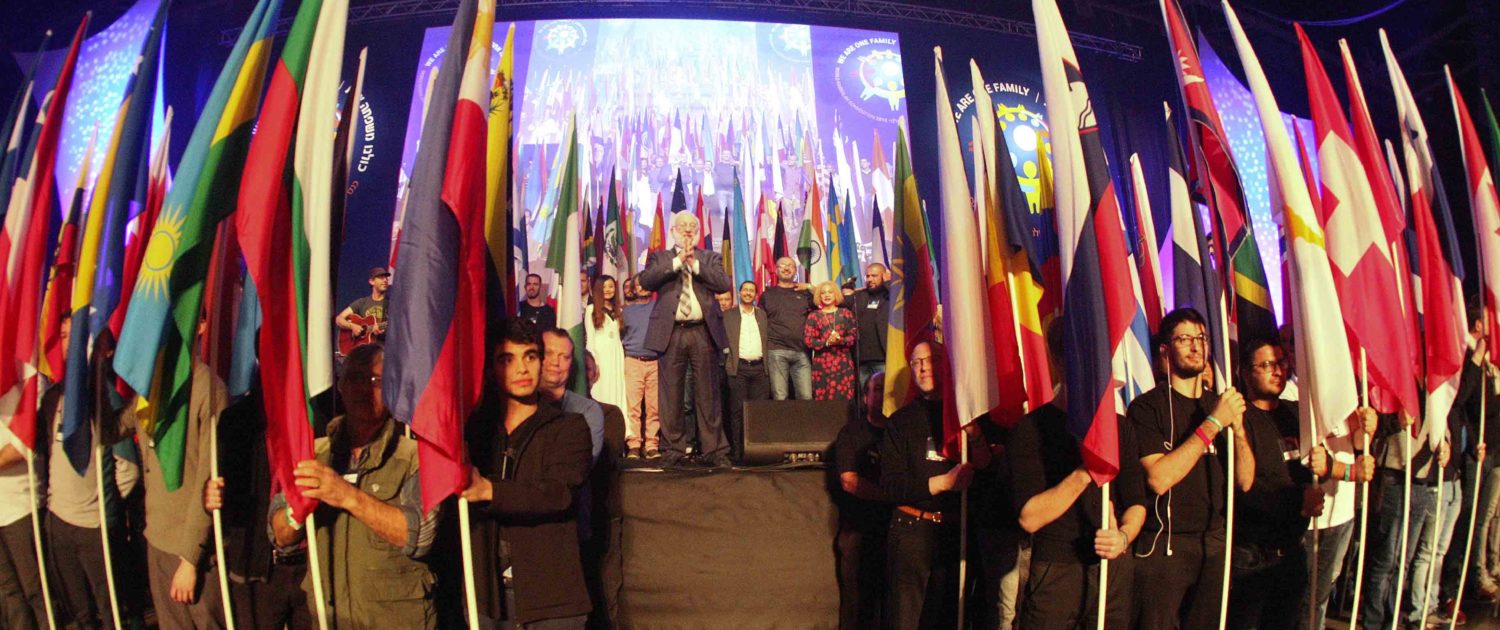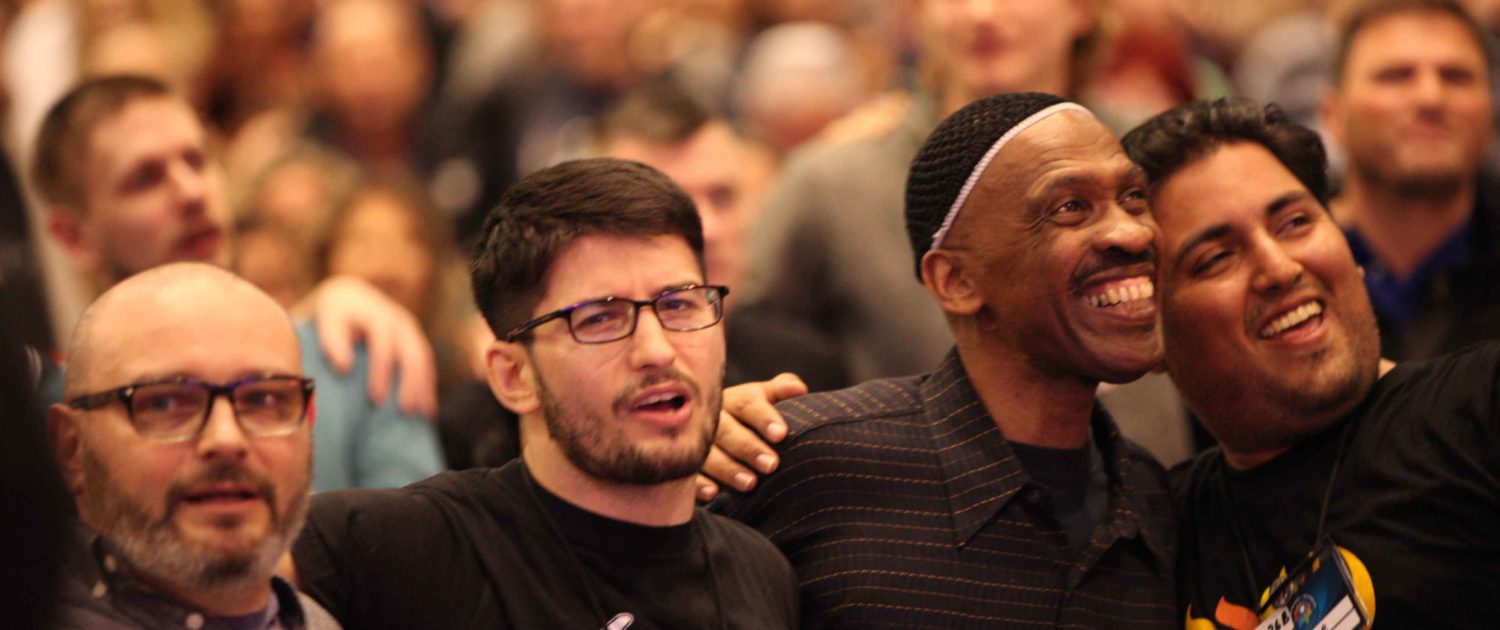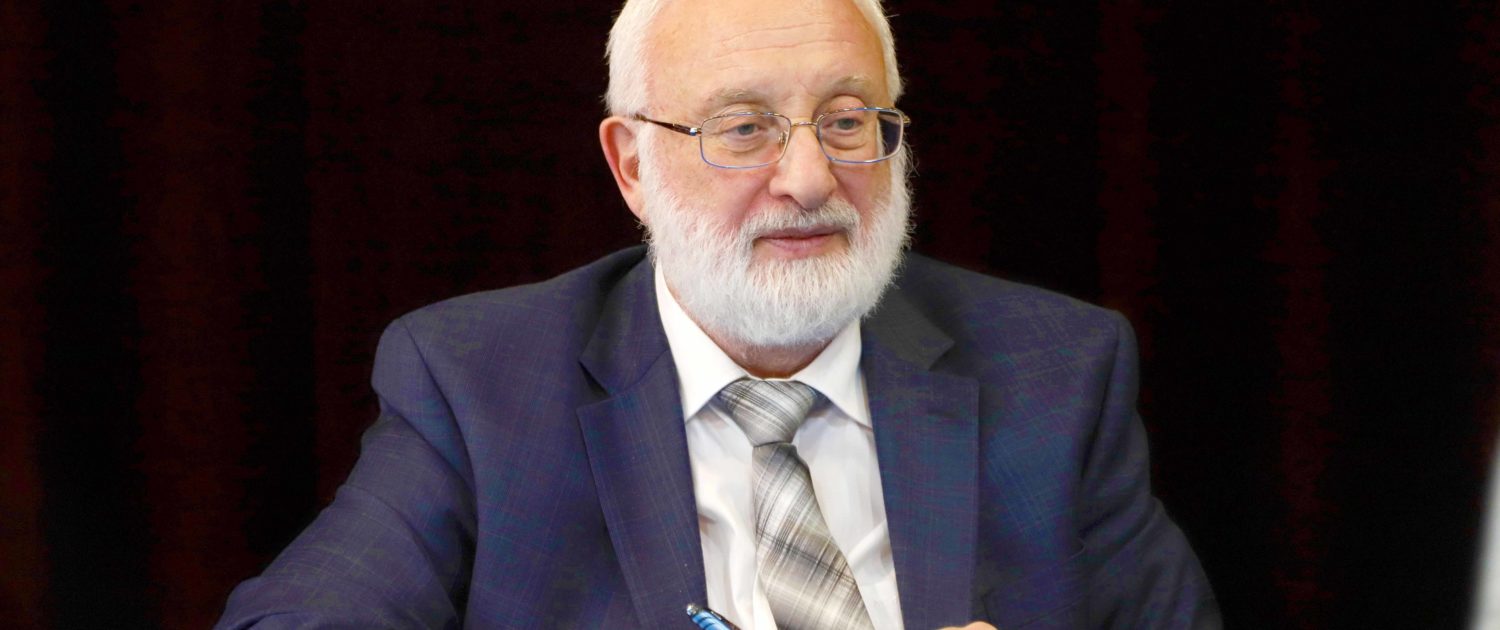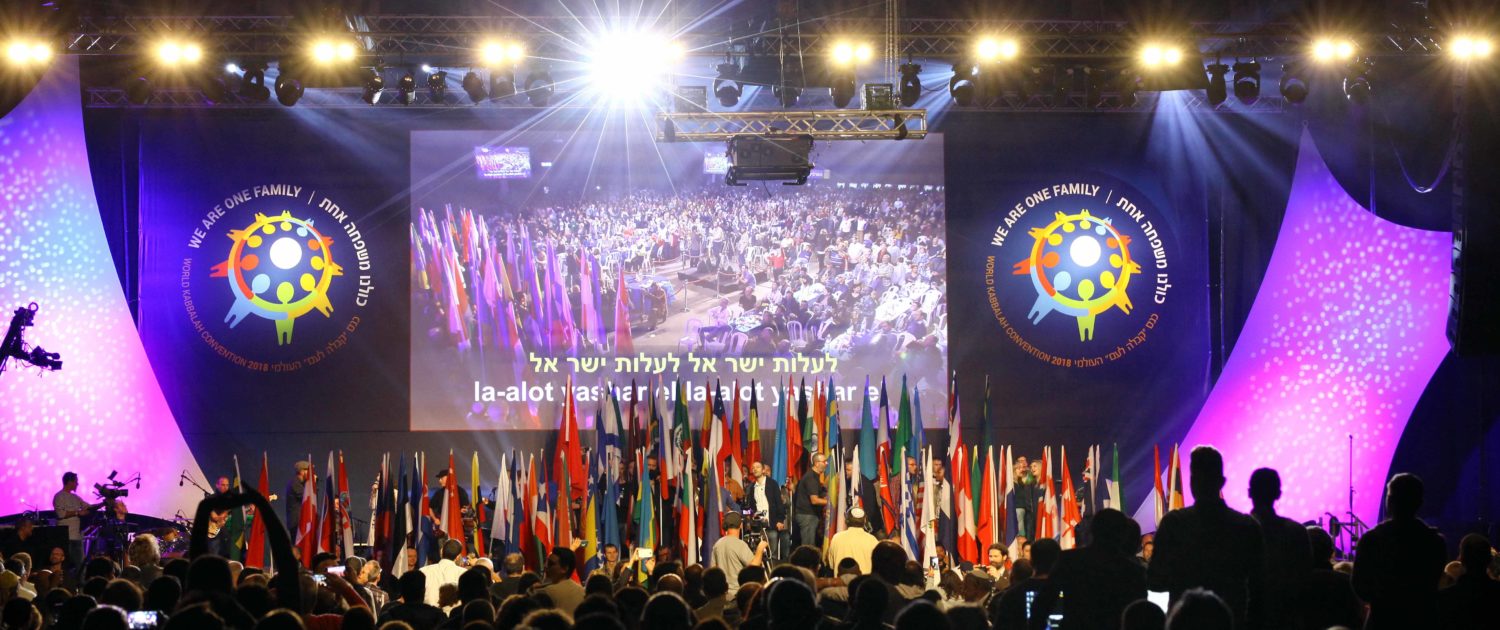Connecting Through Our Differences
Success depends on one’s connection to the group, since the environment provides us with many inner discernments that we no longer need to experience on our own. This is because we each include everyone within us, and if I am connected to ten other friends, I absorb all the personal states of each friend. Thus, I advance.
Our connection not only saves us time, without it I will never achieve spiritual birth. Starting with a single drop of semen, the growth of the body occurs through the multiplying of cells and their connection with each other. We call this development or growth. Everything depends on the connections between us.
It is good that we all are different, perceiving, understanding, and reacting differently. This gives us an opportunity to be included in one another above all the differences, thereby forming an integral vessel—the common desire, which is organized in a very complex, multilayered way, ready to receive the upper Light. After all, the revelation of the Creator cannot occur in one individual desire: it is too primitive, one-dimensional, and flat.
Therefore, we connect many different, opposite qualities together. From this diversity of connections and interconnected qualities (which wish to preserve their uniqueness while also being connected regardless of their differences), we create a complex spiritual vessel worthy of revealing the Creator.
This is why our connection to each other is so important; this connection is what builds the spiritual vessel (Kli). The Creator, the upper Light, fills all space. The problem is only in how to come to similarity to the Light from our egoistic desire, and how to accept it according to the similarity of our qualities.
This is achieved precisely through the multitude of contradicting qualities that, despite all differences, are connected to each other with one common goal: to reveal the Creator within our connection. Our connection to each other is called “the Creator” (Bore), which means “come and see” (Bo-Re).
Therefore, we should value the preparation that nature created, that is, the breaking of the common soul and the possibility of uniting different desires for the sake of one goal: the revelation of the Creator. Our unity allows us to create the form of connection that will be called the Creator.
[223460]
From the 1st Part of the Daily Kabbalah Lesson 3/18/18, Writings of Rabash—Essays, Vol. 2, Article 19, “Come Unto Pharaoh”












